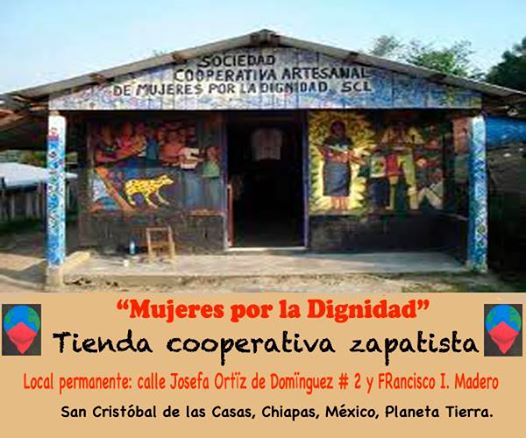the Word of the EZLN
 |
| Front Cover of Rebeldía Zapatista #2 |
They want to own everything.
They are destructive, they are murderers, criminals, rapists. They
are cruel and inhuman, they torture and disappear people, and they are
corrupt. They are every bad thing you can imagine, they do not care
about humanity. They are, in fact, inhuman.
They are few, but they decide everything about how they will dominate
countries that let themselves be dominated. They have made
underdeveloped countries into their plantations, and made the
underdeveloped capitalist so-called governments of those countries into
their overseers.
This is what has happened in Mexico. The neoliberal transnational
corporations are the bosses, their plantation is called Mexico, the
current overseer is named Enrique Peña Nieto, the administrators are
Manuel Velasco in Chiapas and the other so-called state governors, and
the badly named municipal “presidents” are the foremen.
This is why we rose up against this system at dawn on January 1, 1994.




